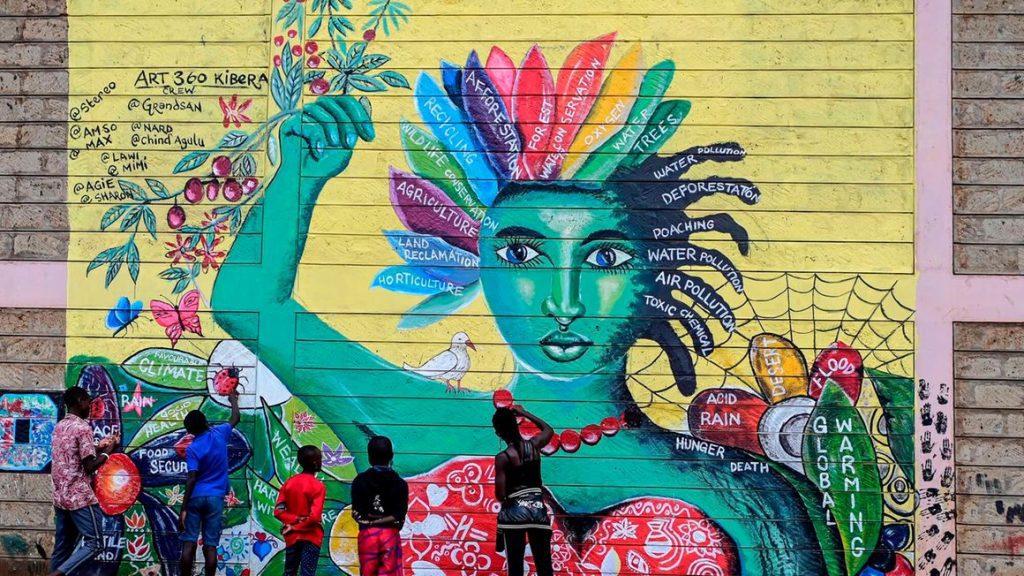Mental health care in Africa has faced longstanding neglect, with many countries lacking basic services. Even where these services exist, the situation remains dire. This neglect is evident in the inadequate attention from the general public, healthcare systems, and policymakers, resulting in severe consequences for affected individuals and their communities.
Under-Appreciation of Mental Health
A significant factor compounding the issue is the under-appreciation of the disease burden, exacerbated by a lack of research and data on mental health. This deficiency prevents policymakers from fully understanding the problem’s scope, leading to insufficient resource allocation. According to the World Health Organization (WHO), most African governments allocate less than 1% of their health budgets to mental health, leaving approximately 85% of people with depression without access to effective treatment.
On average, African nations spend less than 50 cents per capita on mental health, significantly below the recommended $2 per capita for low-income countries. This inadequate financing, along with low government investment in mental health care, severely hampers access to services.
Shortage of Mental Health Professionals
Despite efforts to develop training programs for mental health professionals—including psychiatrists, psychologists, and mental health officers—the continent suffers from a critical shortage of these experts. The WHO reports only 1.4 mental health professionals per 100,000 people in Africa, compared to a global average of 9 per 100,000, limiting access to care.
Moreover, the percentage of health workers at the primary care level trained in managing mental health conditions is among the lowest in Africa. This lack of training leaves community and primary care levels underserved, worsening the mental health crisis.
Resource Concentration and Accessibility Issues
Resources for mental health care are often concentrated in large psychiatric institutions located in urban areas, leaving individuals in communities with limited access to care. In 2020, the average number of annual mental health outpatient visits in Africa was only 94 per 100,000 people, compared to a global average of 2,001.
Even if governments make financial commitments to mental health, existing policies are likely to fall short of achieving meaningful care provision. The WHO’s 2022 Mental Health Report emphasizes the need for substantial changes in mental health care to address the crisis effectively.
Universal Right to Mental Health
As UNICEF Regional Director for West and Central Africa Felicité Tchibindat stated on World Mental Health Day (October 10, 2023), “The right to mental health is a necessity, not a luxury in Africa.” She stressed the importance of greater investment in mental health and psychosocial support, along with better policies and systems, to ensure integration of mental health services into education, protection, and health interventions.
Child and Adolescent Mental Health
Alarmingly, there is a severe shortage of mental health services for children and adolescents in Africa. According to the WHO Mental Health ATLAS 2020 Report, only 11 out of the 47 countries in the WHO African Region provided information on child and adolescent mental health policies, with only three reporting that they have such policies in place. Less than 50% of mental health policies and plans comply with human rights standards.
The WHO highlights a link between the number of harms children face—such as child marriage, female genital mutilation, and physical violence—and poor mental health outcomes. To make tangible progress towards the Sustainable Development Goals (SDGs), efforts to protect children from harm must double, including addressing both the physical and mental impacts of these harms.
Rising Suicide Rates
The mental health care crisis in Africa is exacerbated by high suicide rates. The continent is home to six of the ten countries with the highest suicide rates globally, with approximately 11 out of every 100,000 people dying by suicide each year—higher than the global average of 9 per 100,000. Studies indicate that for every completed suicide in Africa, there are approximately 20 attempted suicides.
Countries like Kenya, Nigeria, and Egypt continue to see rising rates of depression and suicide. The situation is alarming, with regions like South Africa reporting a suicide crisis in 2022, alongside other nations like Lesotho, Eswatini, Zimbabwe, Mozambique, and the Central African Republic.
Call to Action
Dr. Matshidiso Moeti, WHO Regional Director for Africa, emphasizes the urgent need for radical change to prioritize mental health care in the region. “Suicide is a major public health problem, and every death by suicide is a tragedy. Unfortunately, suicide prevention is rarely a priority in national health programs,” she stated.
To tackle the growing burden of chronic diseases and mental disorders contributing to suicide, significant investments are required. Some African nations, like Nigeria, have turned to online counseling and psychosocial support to bridge the treatment gap.
Conclusion
Breaking the stigma surrounding mental health is essential. Initiatives that educate young people about mental well-being and promote open discussions can help normalize conversations about mental health. Now is the time to increase investments in mental health services, providing children and young people with the necessary tools and resources to reach their full potential. Change is overdue, and no child should have to endure invisible scars alone.




















